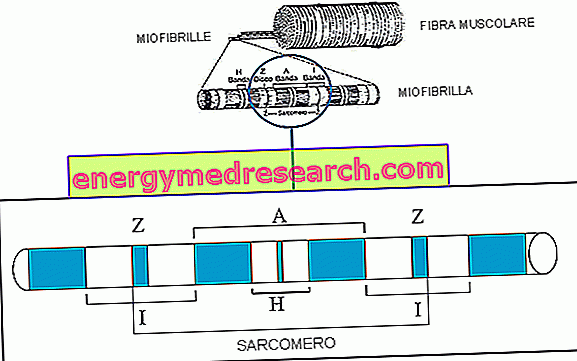Definition
Gastroschisis is a congenital malformation characterized by the protrusion of the intestine through a defect in the formation of the abdominal wall, usually located on the right side of the insertion of the umbilical cord.
In practice, in the gastroschisis the intestine comes out through an anomalous opening of the fetal abdomen and develops outside.
Gastroschisis is recognizable by a prenatal ultrasound, since the first trimester of pregnancy.
This defect is more widespread than the ompalocele, with respect to which the differential diagnosis must be placed.
The exact causes of gastroschisis are not yet known. However, this anomaly is found more frequently in pregnancies of young mothers (especially under the age of 20) and, on some occasions, cases of familial recurrence have been reported.
Other maternal factors that seem to predispose to the disorder are smoking habits, alcohol and drug abuse, and low BMI.
In gastroschisis, the viscera protruding from the abdomen are not covered by a sack (unlike the ompalocele). Due to the absence of a coating, the intestine is markedly edematous and hyperemic, often covered by a fibrin capsule. These characteristic signs are due to the direct exposure of the intestinal loops to the amniotic fluid (chemical peritonitis).
In almost all cases, newborns with gastroschisis do not present other congenital malformations. Rarely, intestinal abnormalities such as atresia or malrotation may be associated.
If the hernia is narrow or its size decreases, necrosis or progressive ischemia of protruding intestines can be observed.
Gastroschisis is a problem that can be resolved in most cases with a surgical procedure, which consists in the closure of the abdominal wall and a subsequent post-operative treatment. Prognosis depends on the functional quality of intestinal loops, but is usually excellent.
Occasionally, children report long-term problems caused by abnormal intestinal motility.
Possible Causes * of Gastroschisis
- Feto-alcohol syndrome



